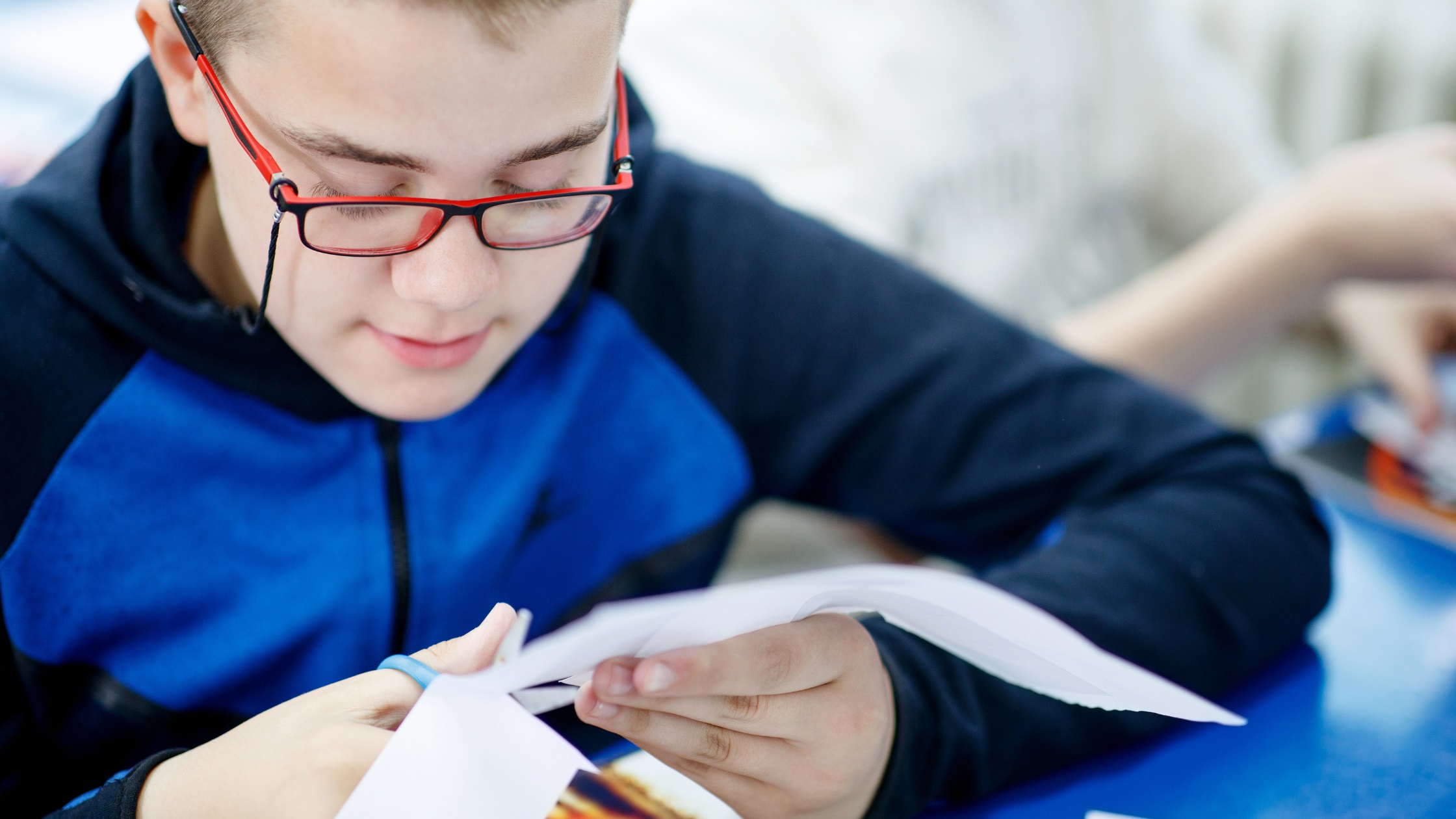

Special education
schools, also known as schools for students with special needs, are educational
institutions specifically for students with disabilities or learning
differences. These schools are designed to provide a more individualized and
supportive learning environment for students who may have difficulty thriving
in a mainstream or regular school setting.
Special
disabilities or developmental disabilities require special education services. It includes a wide range of
conditions that can affect a person's physical, cognitive, social, or emotional
functioning.
Here are some common types of special disabilities:
Individuals with intellectual disabilities may have difficulties with problem-solving and learning new skills.
Common types of learning disabilities include dyslexia (difficulty with reading), dyscalculia (difficulty with math), and dysgraphia (difficulty with writing).
It is a neurodevelopmental disorder characterized by challenges in social communication and interactions.
ADHD stands for Attention Deficit Hyperactivity Disorder. It is a neurodevelopmental disorder that affects both children and adults. People with ADHD may have symptoms such as lack of attention, hyperactivity, and impulsivity.
Cerebral palsy is a group of disorders affecting movement and muscle coordination caused by damage to the developing brain before, during, or shortly after birth.
Down syndrome is a genetic condition that leads to developmental delays and certain physical characteristics.
Speech
and language disorders can manifest as difficulties in articulation, fluency,
or language comprehension and expression.
● Emotional and behavioural disorders:
It refer to conditions affecting the management of emotions, behaviour, and social interactions.
Inclusive education
in special schools refers to the practice of including students with
disabilities or learning differences in the regular educational environment of
a special school. It involves creating a learning environment where students
with diverse needs can learn together, participate in the same activities, and
benefit from appropriate accommodations and support.
The concept of inclusive education is based on the belief that all students, regardless of their abilities, should have equal access to quality education. Inclusive special schools work towards meeting the individual needs of each student while fostering a sense of belonging and promoting social interaction among all students.
Each student with a disability or learning difference in an inclusive special school typically has an Individualized Education Plan (IEP).
Inclusive special schools use differentiated teaching strategies to address the diverse learning styles and needs of their students.
Inclusive special schools provide various support services, such as speech therapy, occupational therapy, counselling, and behavioural support, to students who require them. These services are integrated into the students' daily routines to support their learning and development.
In an inclusive special school, teachers and support staff work collaboratively to provide a supportive learning environment.
Inclusive special schools may incorporate assistive technology to facilitate learning for students with disabilities. This can include tools such as screen readers, speech-to-text software, and adaptive devices.
Inclusive education also emphasizes the importance of social inclusion. Students with disabilities are encouraged to participate in extracurricular activities, school events, and interactions with their peers to foster friendships and a sense of belonging.
Inclusive special schools value the active involvement of parents and the broader community.
Inclusive education in special schools helps break down barriers and challenges associated with disabilities, promoting a positive and supportive learning environment for all students. It also fosters understanding, empathy, and acceptance among students of diverse abilities, promoting a more inclusive society as a whole.
Children with
disabilities have diverse strengths, talents, and abilities, and they can lead
fulfilling lives with appropriate support, understanding, and inclusivity.
A special school must have Inclusive Education Programs, Resource Rooms, Special Educators, and assistive technology to help the special students enhance their skills in the right direction, and through utmost guidance, they can meet the odds.
Aditya Birla
Integrated School (TABIS), one of the top-ranked special education schools, is
situated in the metropolitan city of Mumbai. It offers value-based, quality
education in a welcoming, kid-friendly environment that is perfect for the
development of an all-around person.
TABIS teaches all of
its students the four critical virtues of amity, bravery, integrity, and
sincerity.
The curriculum at TABIS is structured according to individualized education plans, specialized teaching methods, therapeutic support, an emphasis on life skills, and parent involvement.
For grades one through six, there is an independent and integrated program, and for grades seven through ten in secondary school, there is an NIOS curriculum.
The Inclusive Education
Program was created especially for students who struggle with learning. As they
advance in their academic careers, we work to provide children with learning
disabilities (Dyslexia, Dysgraphia, Dyscalculia, and Attention Deficit
Hyperactivity Disorder) with the tools they need to comprehend, retain, and
close any gaps in their learning abilities.
The children's previous talents will be put to use as they build parallel skills as part of the Differentiated learning program. Each child has an Individualized Education Plan (IEP) for this purpose. The therapy we offer is the foundation of this program. Children receive occupational therapy, sensory integration, speech and language therapy, and behaviour modification therapy as part of their regular school day. The curriculum is interwoven thematically to guarantee daily learning reinforcement and to allow a seamless transition from classroom concepts to their environment.